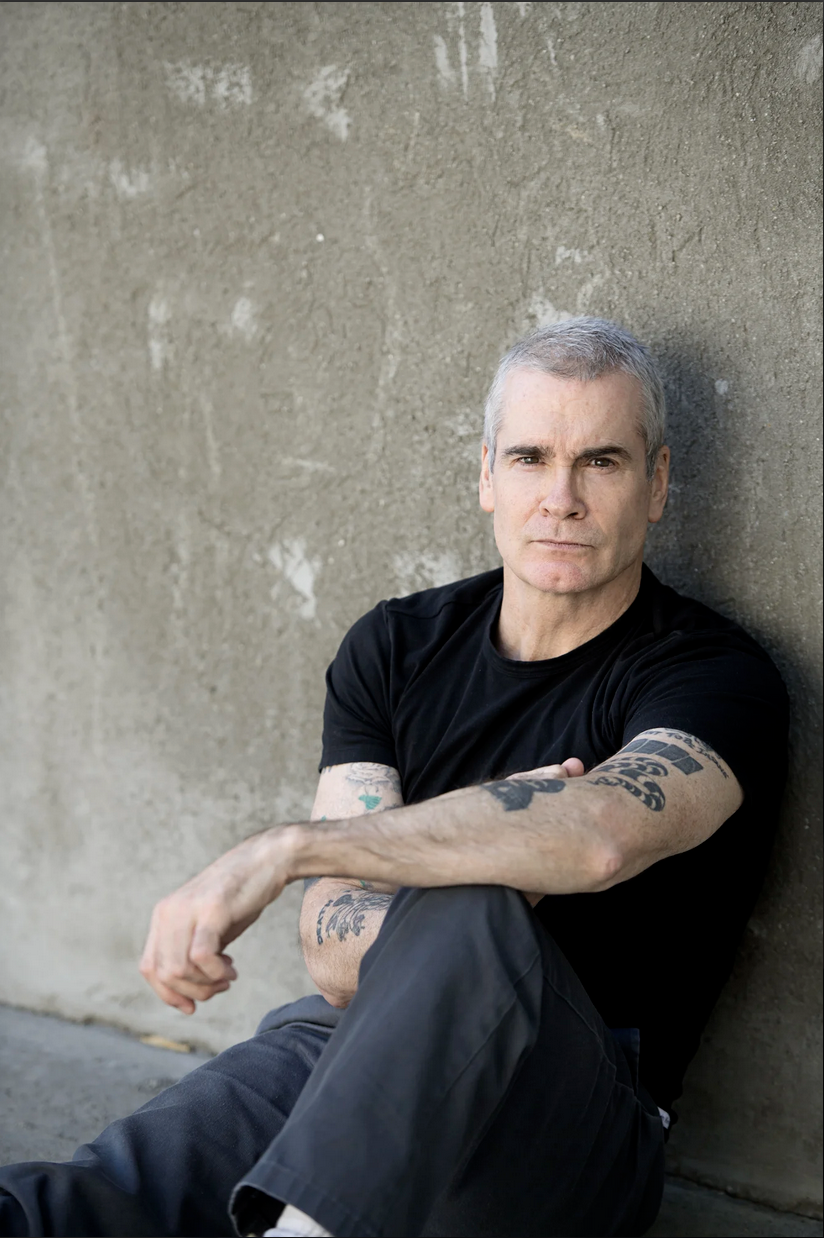Some excerpts with commentary from my recent essay (footnotes removed) on media ecology entitled "An iPhone in every hand."
Neil Postman in his magnum opus “Amusing Ourselves to Death,” wrote the easiest way to see through a culture is to “attend to its tools for conversation.” Currently, all of our conversation, save for face to face contact is mediated, at some level, by computers and the internet – the tools – and the conversation – the exchange of messages – is happening globally in which any user of a computer is theoretically part of this “globalized conversation.” But what is the nature of the language of this conversation – the “driver” of conversation that makes it possible?
The Sapir-Whorf hypothesis presents the formation of language is “not merely a reproducing instrument for voicing ideas, but rather itself is a shaper of ideas.” The computer and the internet and all its various convergent and multimedia forms not only have produced new platforms for communication, they have, in fact, shaped a new way of organizing and regulating ideas; the way humans interact with one another, conduct their business, their politics and their education of future generations.
One such device that achieved this was the mechanical clock. A computer is built on a time-telling function – time regulates the processing of information by creating a sense of “dramatic, fictional or symbolic time as well as a sense of past, present and future.” Computers, like clocks are self-operating machines; they manufacture no physical products. They are able to regulate starting and ending times for social/economic/political engagements; enforce deadlines and are used to track units of remuneration (workers paid by the hour, etc.) For example, all people across the known world began to
"[W]ork, sleep and eat by the clock” and began to “regulate their actions by this arbitrary measure of time, the clock was transformed from an expression of civic pride into a necessity of urban life…the computer too has changed from a luxury to a necessity for modern business and government.”
In 1993, Postman said that it would be possible for us to "privatize" our public space by outsourcing it to computers - we would be able to shop, converse and vote from the comfort of home. We have moved beyond that space - we can now do this anywhere with mobile smartphones. Like the mechanical clock, the computer regulates our movement and how we communicate.
It as if we cannot communicate if we do not have a phone or access to the internet like social media. It's commonplace to hear about events after the fact if you did "not check your Facebook."
Chunks of time can now be graphically represented; we can see the past and the future in our own present by the dynamic exchange of text, video, audio and images. The television was bound by time to show its programs sequentially - now the programs can be viewed in our own "time" at our will from wherever. As Watzlawick says, "one can not not communicate" - but what happens when one does not have an iPhone in his hand to begin with?

